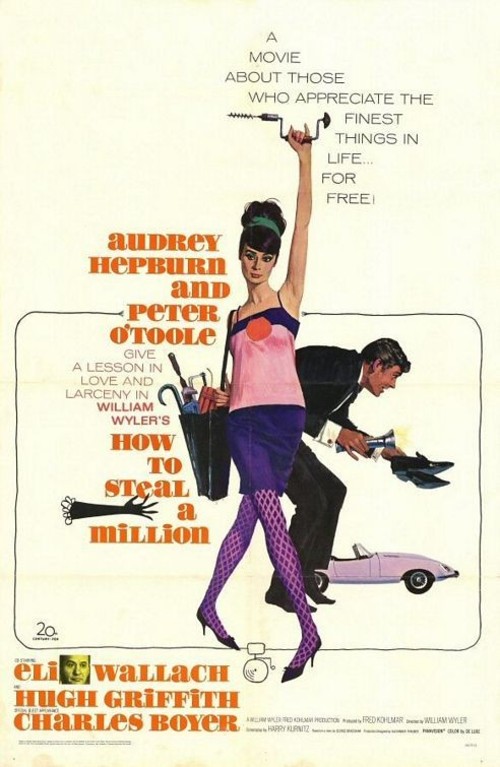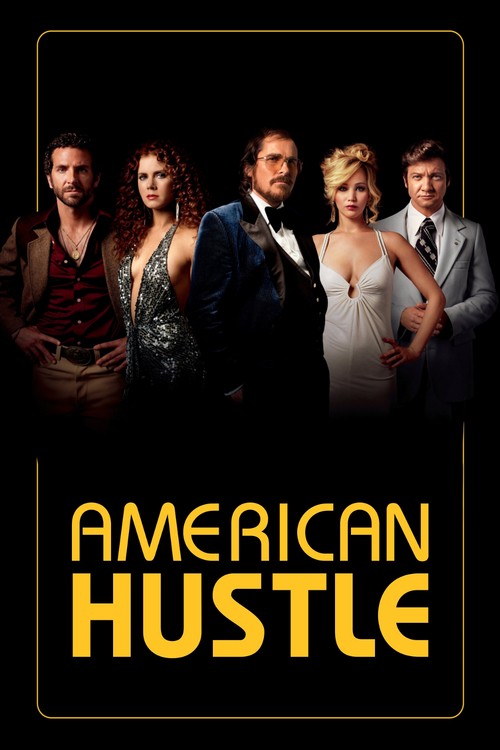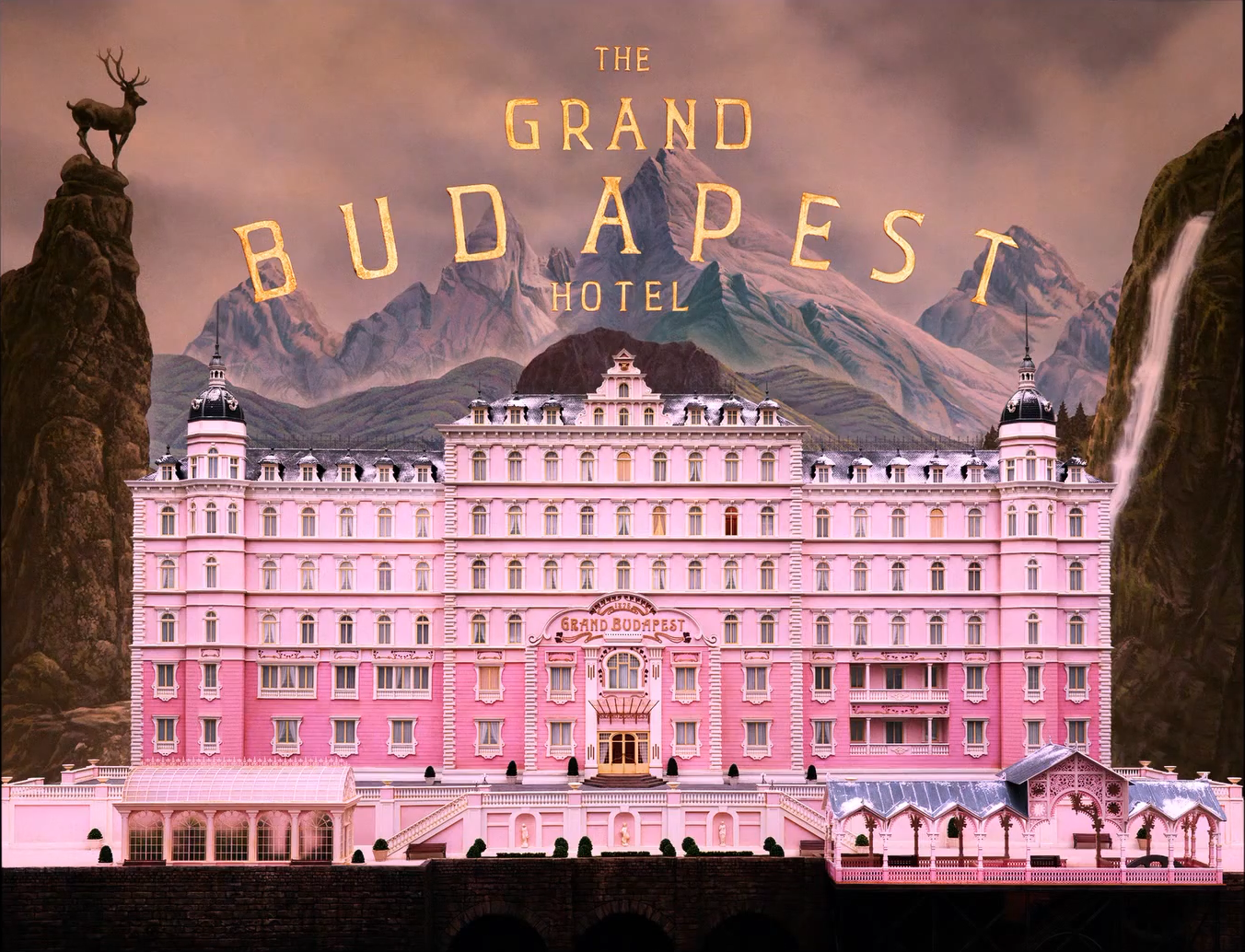
Wes Anderson’s disarming new film, “The Grand Budapest Hotel,” is undoubtedly his most ambitious to-date. While the director’s signature visual style will be familiar to his fans, “Hotel” feels distinctly fresh and different. From its genre (a caper of sorts) to its complexity (his most complicated story yet, with multiple storylines and flashbacks); from the soundtrack (no British Invasion-era Kinks or Stones) to the script (tight, mercilessly funny, yet with tragic elements), “Hotel” is a bold, exciting step forward in Anderson’s career as a filmmaker.
The main story thread follows the exploits of Gustave M. (Ralph Fiennes) and his protege, Zero Mustafa (newcomer Tony Revolori). Gustave is the titular hotel’s legendary concierge, resident expert on romantic poetry, and gentleman lover to the hotel’s migratory flock of elderly, blonde aristocrats.
When one particularly besmitten widow dies (an unrecognizable Tilda Swinton), it’s discovered that she bequeathed Gustave a priceless painting in her latest will. Her jealous family, led by her jackbooted, eldest son Dmitri (the wonderfully profane Adrien Brody), challenge the will’s legitimacy. Undeterred, Gustave and Zero abscond with the painting. Pretty soon, everyone who knew of this second will begins to disappear. Can Gustave and Zero survive Dmitri’s deadly machinations?
It’s a delightful maze of deceit and murder, filled with tense chases, baked goods, and even a bullet-ridden shoot-out. Yet always at the center of it all are the unshakably gracious Gustave and the understated Zero, taking life’s twists with the stoic poise and stiff upper lip that Churchill would have commended. Each role is perfectly cast, filled out with the usual “Wes Anderson All-Stars”; Swinton, Edward Norton, Bill Murray, Jason Schwartzman, Willem Dafoe, Jeff Goldblum, and Owen Wilson all make appearances. Add to this mix Harvey Keitel, Jude Law, and F. Murray Abraham as the elderly Zero, and you have a cast that outshines even the next tiresome “Ocean’s 11” sequel.
Clearly, Wes Anderson’s cinematic world is expanding. Continued success has afforded him the time and money to be even more exacting with every shot. Each set is lovingly crafted, filled with little details that add to the sense of time and place in the film’s fictitious, Eastern European Republic of Zubrowka. Like an intricately crafted pop-up book filled with minutiae and artistic flourishes, “Hotel” delights and intrigues on multiple viewings.
Therefore, we say: go see this. Right now, if possible. It’s that all-too rare occurrence: a Hollywood movie worth seeing at the theaters. “The Grand Budapest Hotel” deserves your attention and your money. Support this wonderful film.
While you wait to purchase tickets for tonight’s show (seriously, it can’t be too soon), why not warm up with two more of Anderson’s best?
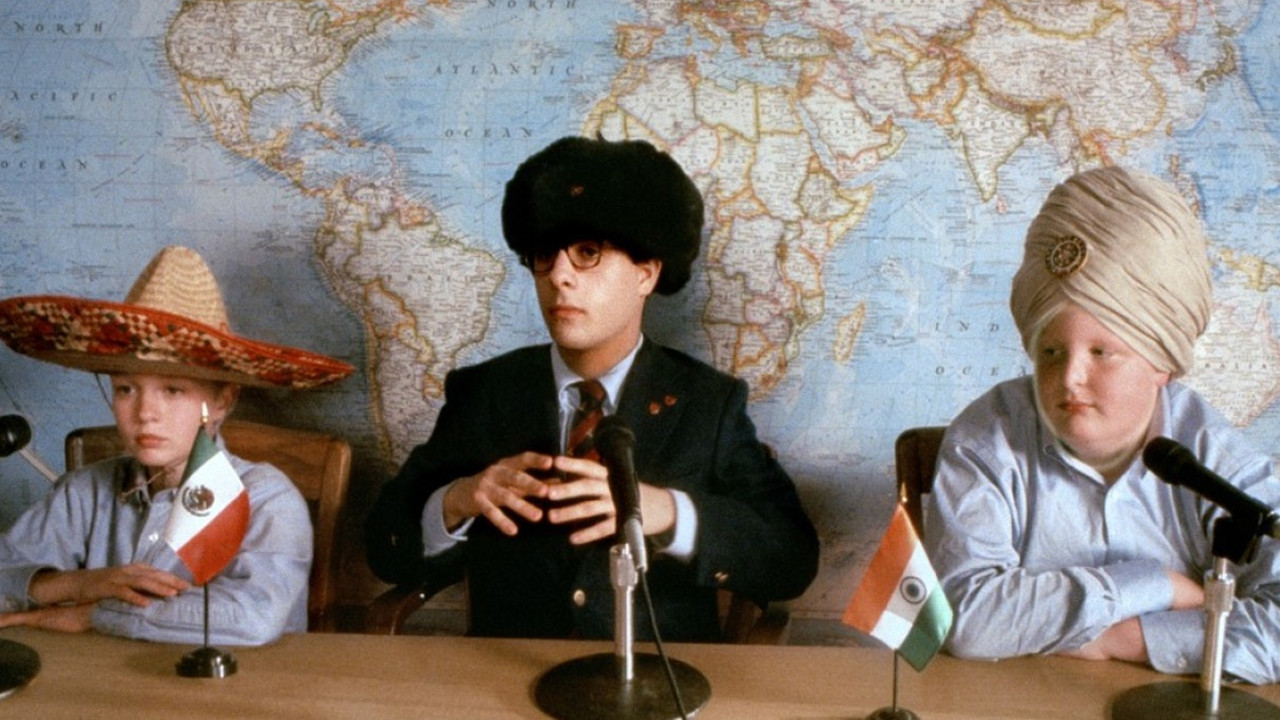
“Rushmore” (1998) – Max (Jason Schwartzman), an over-extended, underachieving student at a private academy, falls in love with a teacher (Olivia Williams). Things go sideways when his older friend, Herman (Bill Murray), falls for her too.
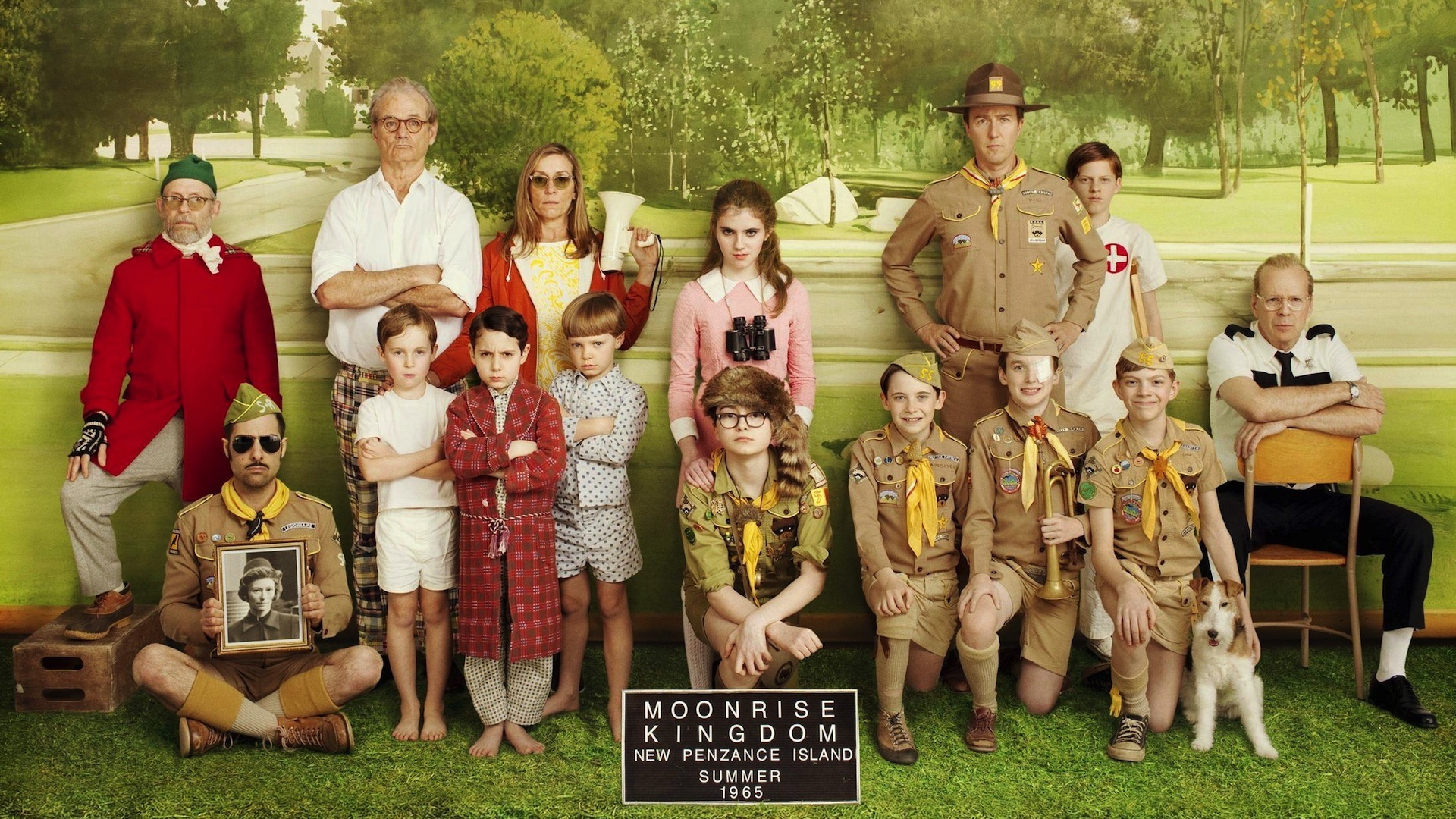
“Moonrise Kingdom” (2012) – Two offbeat, precocious kids (Jared Gilman and Kara Hayward) fall in love and steal away to a small island. The adults in their lives (Bill Murray, Bruce Willis, Edward Norton, and Frances McDormand) scramble to find them. Still you wonder: are the adults chasing the kids, or vice-versa?


